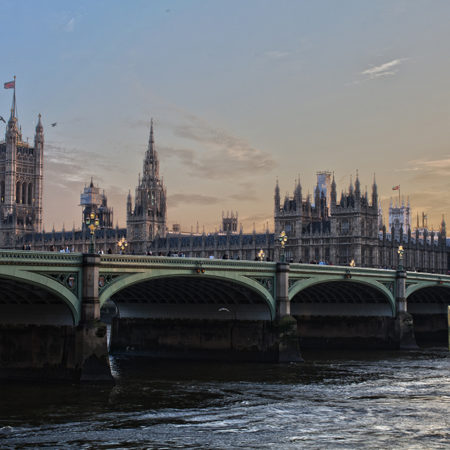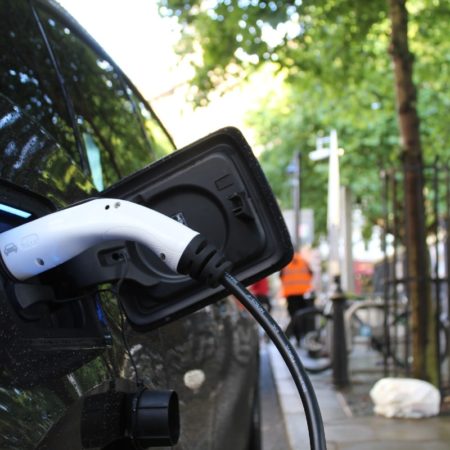Net zero commitments are gaining pace across the UK. While this is undoubtedly a good thing, it opens up the question of what companies ought to be doing to ensure their targets stand up to scrutiny.
But before we tackle that, a swift overview of the UK’s corporate position on net zero seems in order.
Net zero hastens pace
A new report from the Energy and Climate Intelligence Unit (ECIU) reveals compelling numbers. Net zero targets now cover over two thirds of the global economy. Some 61% of countries, 9% of states and regions in the largest emitting countries and 13% of cities over 500k in population have now committed to net zero.
Of the world’s 2,000 largest public companies, at least one-fifth (21%) now have net zero commitments, representing annual sales of nearly $14 trillion. A majority of these companies also have interim targets, a published plan and a reporting mechanism, with just over a quarter meeting a full set of ‘robustness criteria’.
So far, so good. But are all net zero commitments made equal? Is any methodology for establishing which companies are genuine in their intent available?
Net zero, greenwashing and gaming the system
The challenge, according to ECIU, is that that net zero commitments vary hugely in their quality. It argues that while 20% of existing net zero targets already meet a minimum set of robustness criteria, or ‘starting line’ as set out by the UN Race to Zero Campaign, this still leaves major work to be done by governments and business leaders in the months leading up to the UN climate summit in Glasgow (COP26).
Of particular concern is the lack of clarity around offsetting. All entities, especially companies, need to disclose how, and to what extent, they plan to use offsets. Near-term action and the publishing of long-term plans also need prioritising.
ECIU is candid, saying in its report; ‘Another concern is ‘offsetting’ through carbon credits – the practice of paying for emission cuts or carbon removal (often, by implication, in developing countries) rather than cutting emissions. Studies show that offsets do not always provide fully additional effort, and reliance on them may present risks to effective mitigation.’
Offsetting does have its place in a credible corporate net zero strategy if it is carefully considered. Organisations should be looking at every possible way to reduce emissions through efficiency, demand reduction and clean energy sources first, and only consider offsets as an interim measure while they implement their strategy, or to compensate for unavoidable emissions. The point is that it should be additional, rather than used to avoid the pain of shifting to more sustainable metrics.
What are the criteria we can trust?
ECIU says academics and other experts have developed checklists of criteria that a credible net zero target needs to have.
The New Climate Institute and Data Driven Enviro Lab proposed ‘Ten basic criteria for net zero target transparency’, including charting a decarbonisation pathway with interim targets, providing details on use of offsets and documenting a stakeholder consultation.
The World Resources Institute suggested that, to be credible, net zero targets should be reflected in investment decisions, that any offsetting should be undertaken in-country where possible, and entities should set separate targets for emission cuts and greenhouse gas removals.
There is a vast amount of analysis within ECIU’s report, beyond the scope of this article to fully explain.
A salient point notes; ‘President John F Kennedy set NASA the task of ‘landing a man on the Moon and returning him safely to the Earth’ within a decade without knowing how to do it, obliging engineers to work out the details.’
This challenge shares much with net zero. The process and its limitations are very human, as was the race to the moon. The point of net zero is to aspire to what we need to achieve, not to claim we yet hold the right tools for the job.
Some companies will seek to leverage net zero unsustainably. Others will genuinely lead. Science will evolve, targets must too and transparency and discourse are essential.
Net zero probably is the methodology that will stick when it comes to the next 20 years and the corporate climate crisis. Will our understanding of said methodology be the same in 20 years? Almost certainly not.























